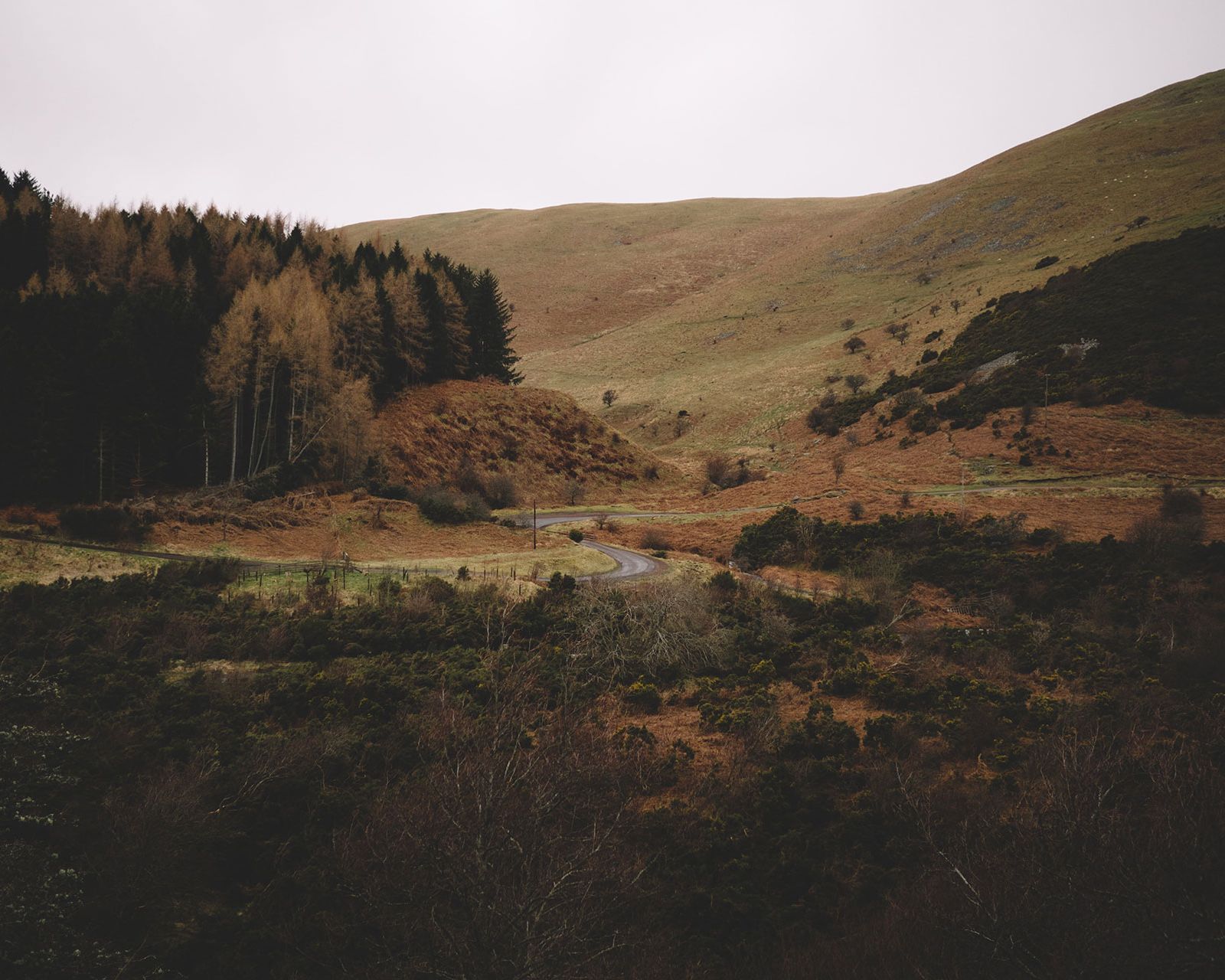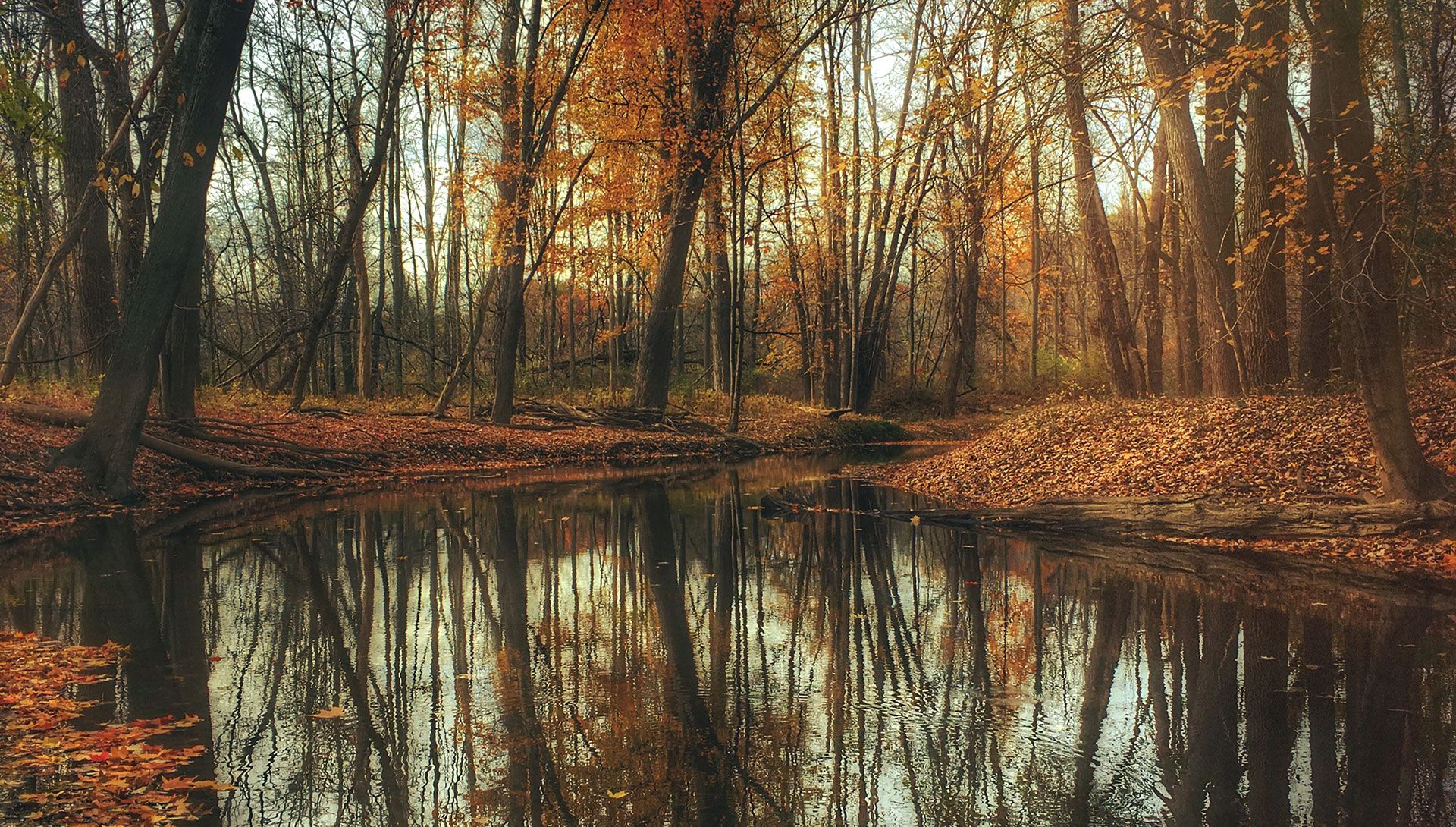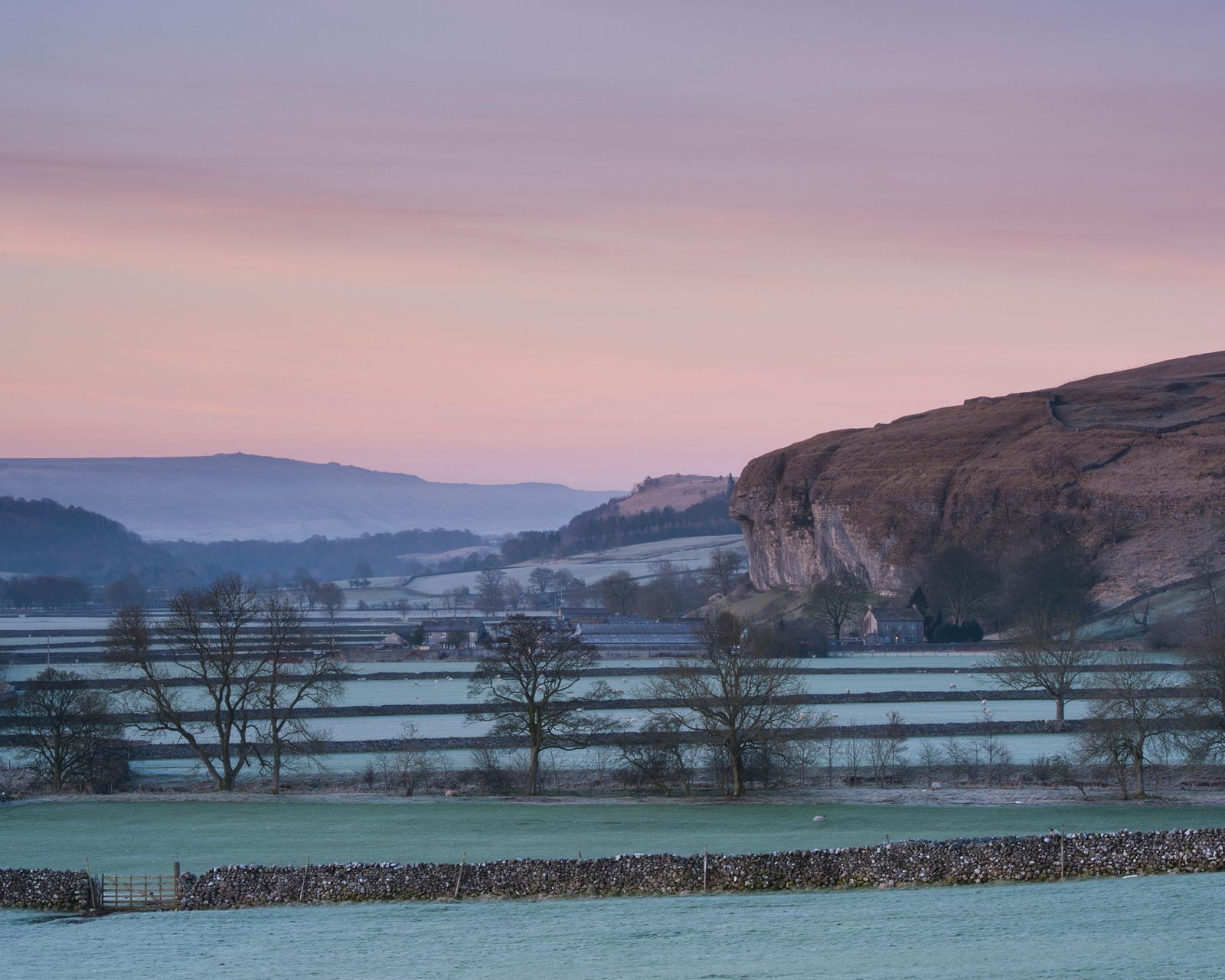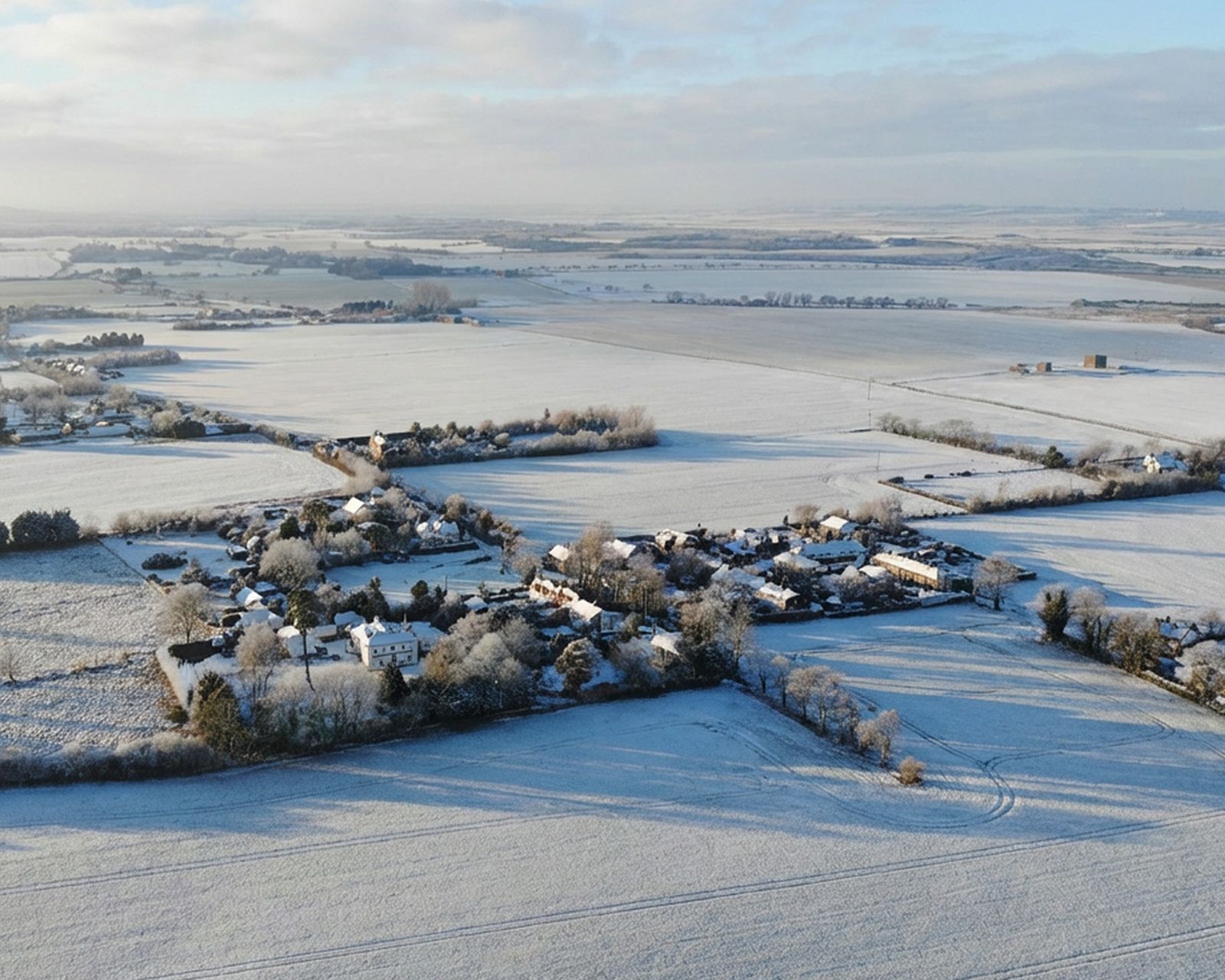What makes a market?
By Rob Hindle | 19.12.23
In the second in a series of short articles following our recent nature-based solutions rural roundtable, Rob Hindle considers 'what makes a market'.

Rural Roundtable - nature-based solutions article #2
What makes a market?
The development of the conditions needed to support a viable ‘market’ for nature-based solutions in the UK are reliant upon a blended approach across public, private, charitable, and philanthropic actors.
This was the shared view emerging from the pioneers, practitioners and thought leaders at our recent roundtable in Cambridge.
What then do we need for the market to flourish?
Demand for nature-based solutions is reliant on regulation, corporate, organisational, and societal attitudes.
Around the table, it was agreed that the Government must help to make the market by re-affirming its commitment to environmental targets and the creation of a market for Nature-based Solutions as a means of achieving them. But how?
Emerging regulatory markets for biodiversity net gain (BNG) and nutrient neutrality need to be driven forward pro-actively by local planning authorities.
The creation of ‘seed-corn’ funding opportunities to inspire market making initiatives.
Take-up encouraged across public, private, and charitable sectors of the Taskforce on Nature-related Financial Disclosures (TNFD) recommendations on nature-related risks.
"Companies and organisations must commit to a nature positive approach in all they do. "
The role of corporates and communities
Companies and organisations must commit to a nature positive approach in all they do. In this respect it was heartening to learn that over 100 companies have registered their interest in taking up the TNFD recommendations with the Government’s Green Finance Initiative.
Read more about the initiative here.
Communities need to push their local farmers and landowners, their MPs, companies they trade with and invest in to positively address nature depletion and help drive nature recovery.

What our guests had to say
Archie Struthers, Chief Executive Officer at Nattergal, an organisation which aims to create serious, focused investment into the restoration of terrestrial and marine ecosystems across the planet, commented:
“We are both ready and keen to trade in the new biodiversity net gain (BNG) market, but the serious scale-up of private investment is still waiting for more recognition of nature as an economic and therefore tradeable asset. Meanwhile. we are pioneering the nature restoration market by working bi-laterally with like-minded corporate partners.”
Supply is reliant on market opportunity. While philanthropy has a role to play, any meaningful scale in a transition to nature-friendly farming and land use will only be achieved through a viable market mechanism that attracts and distributes capital and creates viable revenue streams for land managers.
Dominic Buscall, Founder of Wild Ken Hill, a nationally acclaimed land use project, which combines rewilding, regenerative farming, and conservation to restore nature, fight climate change and provide benefits to local people, added:
“There will only be so many projects able to create the scale and value that private investment needs through personal and grant funding. This will require a strong business case, which will bring private capital to bear beyond the current regulatory driven markets in the UK.”
Connect with us
Find out more about our work in Regenerative Land Management. Stay in touch by following us on social media, subscribe to our newsletter or email us at info@ruralsolutions.co.uk
To read the other articles in the series please follow the links below:
Early movers in the market for nature-based solutions driving nature recovery
We are using cookies to give you the best experience on our website. You can find out more about which cookies we are using on our cookie policy.


